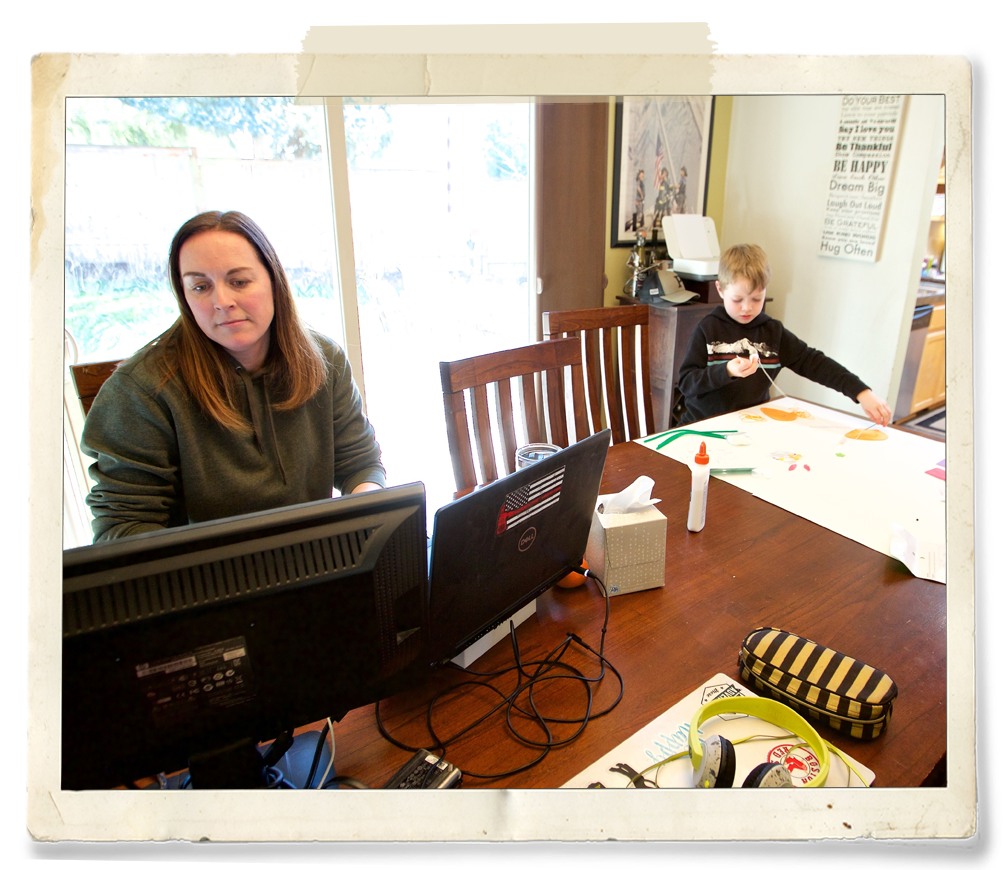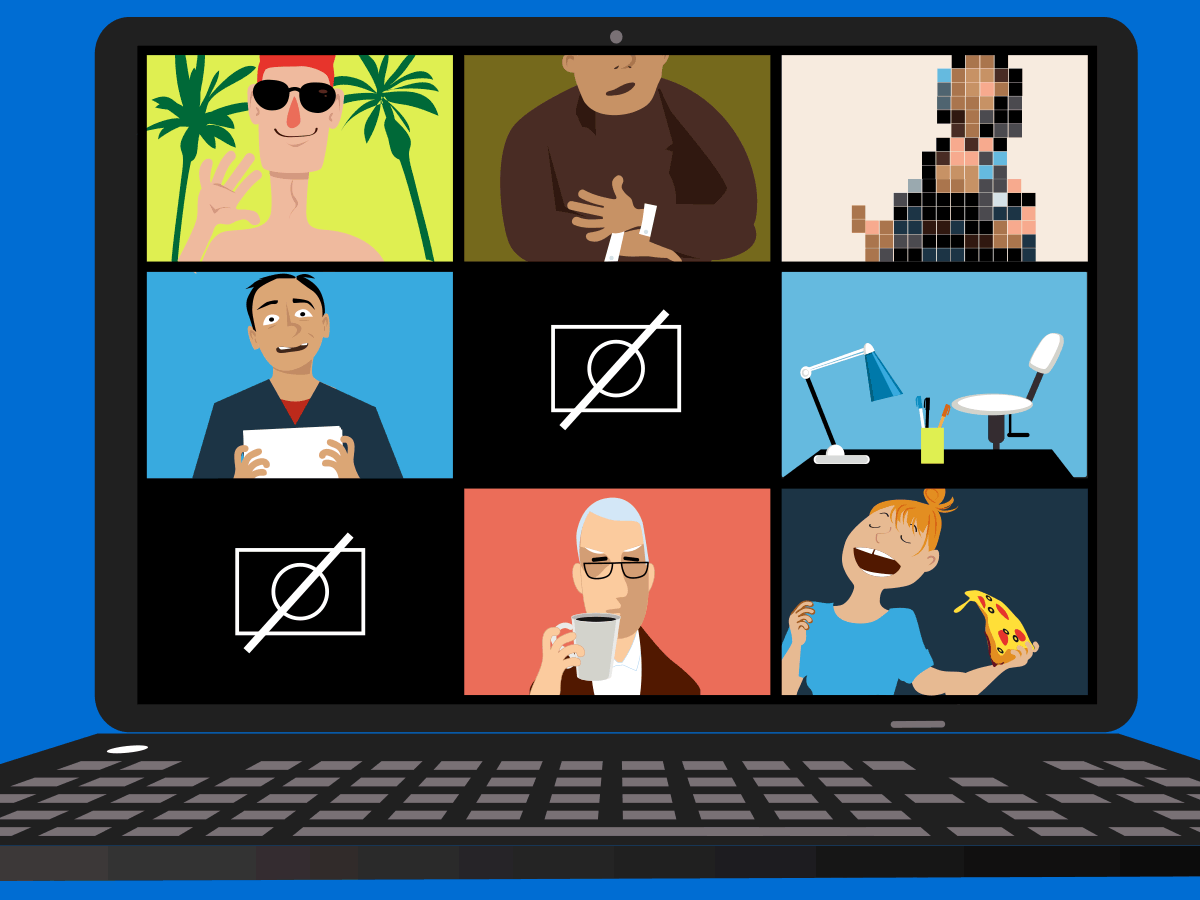The horrors of working from home
Travel time to office was saved while working from home, but most people ended up plugging away well past dinner time.

AP
Almost all of us have worked from home. Some still do. The quantum shift in working mode is perhaps one of the most significant changes wrought by COVID-19. If it was not for the virus, we might never have considered it so soon. Now that we have done it successfully, it could well shape the workplace of the future.
One of the biggest worries of working from home was that some employees could slack off. But then slackers will be slackers, in the office or away from it. For most people, work from home demanded more from them.
The morning ritual of shave, shower and breakfast may be a scramble for time. For women, they need time for make-up too. The drive to the office may be stressful. Yet, all these diversions help take our mind off work.
Meetings on Zoom and Teams could well be seamless, but they can’t replace real-life meetings. We miss the eye contact and body language. Camaraderie forges team spirit, and rows spur us to excellence. These are sorely lacking and may even hurt productivity.
Over time, we may return to our familiar ways. But a stagnant economy will force employers and companies to continue to use the work from home mode. It makes perfect business sense. Work from home will reduce overheads. And that would make for a healthy balance sheet.
How will it affect employees? Not much, given the current situation. Salary cuts and staff retrenchments, we have been seeing them for a while. So no one would risk their jobs. Moreover, new jobs are hard to come by. That means employees will only be too keen to go an extra yard or two to get the job done. Even at the expense of their health. That’s not healthy.
 Read and Watch: Zoom etiquette: What works for Gulf News editors
Read and Watch: Zoom etiquette: What works for Gulf News editors